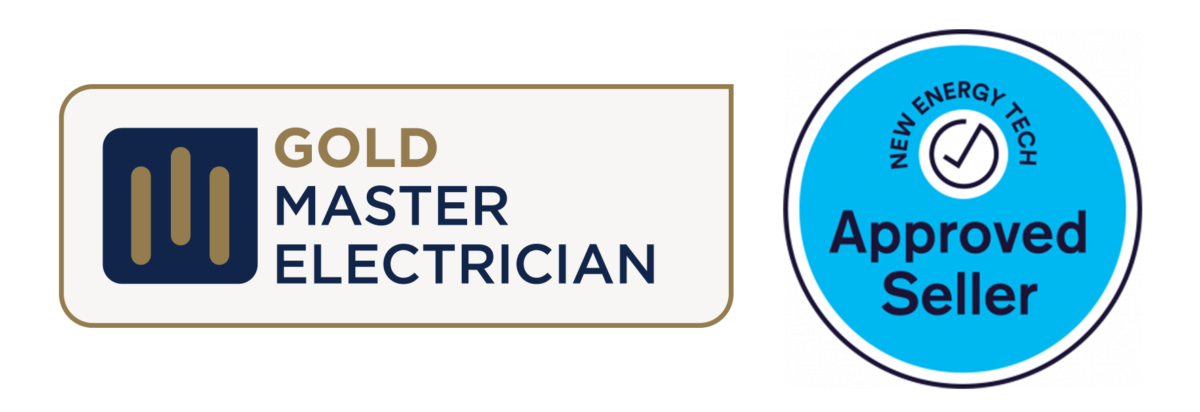

Our experienced and specially trained solar technicians will perform the maintenance. We allow them the time to thoroughly check and test everything. For smaller systems this may not take as long as bigger more complicated systems. The technicians will need to access your switchboard and inverter, if these are somewhere that they can access without you being at home then it is not necessary for you to be there, however if the switchboard and/or inverter are locked up then you will need to be home to give them access.
To find out how your business can benefit from solar & how much solar can benefit you, contact us today or send us a copy of your latest power bill to sales@goodhewsolar.com.au. We then can then organise a time that suits to come & discuss with you the best option and give you a detailed quote including the figures on a return investment.

Solar systems must be maintained on a regular basis & we highly recommend that you undertake yearly or two yearly maintenance of your Solar PV system to continue to get the best out of it.
While the core components of solar systems are designed to function well for several decades, other components such as switches, and cables will need replacement at different points in the lifespan of the system. Panels can also become covered in dust and bird droppings over time. People should also pay attention to the monitoring equipment that comes with their solar system and call a professional if they believe it is not delivering as much power as it should. Always engage an appropriately qualified tradesperson to undertake maintenance work on your solar PV system.

Our experienced and specially trained solar technicians will do the maintenance in approximately 2 hours. This gives them the time to thoroughly check & test everything. The technicians will need to access your switchboard & inverter, if these are somewhere that they can access without you being at home then it is not necessary for you to be there, however if the switchboard &/or inverter are locked up then you will need to be home to give them access.
For the average 5kW system, intake per day is 21kWs. To check this you will need to change the screen on your inverter to the E-Today, this will show you the amount of kWs per day. The best time to check this is in the afternoon after a clear sunny day. We recommend you check it at 5:00pm, as it will show you an accurate reading for the whole day.
If it is reading a considerable amount under 21kWs on a clear sunny day then we will need to send someone out to check the system for you. Please keep in mind that weather does affect these readings.

We advise that you always turn your system off if someone needs to get on the roof and/or inside the roof cavity. This is to ensure that no one gets hurt if someone was to accidentally damage the system or wiring in some way.

Installing a solar photovoltaic (PV) system at your home or business is a great way to slash your power bill and get back control of your electricity usage.
If the voltage is too low (during sunset or sunrise) the inverter will shut down until the DC input voltage is sufficiently high enough to register again. Some inverters will indicate ‘voltage low’ with a flashing light prior to going into ‘sleep mode’.
During a ‘blackout’ or power cut, all grid connected solar inverters will automatically shut down. This is a legal requirement as a safety precaution, due to the possibility of utility repairs being conducted and the workers potentially touching live wires that are still receiving electrical currents from solar installations. Once the power is back on, you should always check that your inverter has started up normally.
From time to time a disturbance in the electricity grid, caused by a voltage spike, can cause your inverter to shut down or go into ‘fault mode’ in order to protect your property and the inverter. It is advised to refer to the inverter operating manual and also try restarting your system manually following the ‘shut down and start up procedure’. It is recommended that you then monitor your system, as generally it will correct itself. If your inverter continues to display an error message, please contact Goodhew and we will be happy to help resolve the issue.
Although the rain removes some dirt and dust, depending on the environment that you live, it is recommended that you clean your solar panels at least twice a year to enable optimum production. If you experience a lot of dust and debris or salt spray, you may wish to clean the panels more frequently. A soft cloth, soft brush or even a soft mop for heavily soiled panels can be used with very mild dish washing detergent if necessary. You should ensure you rinse the panels thoroughly and NEVER stand on them. Goodhew offers a full maintenance and panel cleaning service.

Goodhew Electrical and Solar is one of Brisbane, South East Queensland and Northern NSW’s longest standing and most popular solar companies. At Goodhew Electrical and Solar we endeavour to encompass the entire package.
Main service areas – Queensland (QLD) and Northern NSW – Brisbane, Cleveland, Bayside, Redlands, Logan City, Gold Coast, Tweed Heads.

Copyright © 2024 Goodhew Electrical & Solar. All Rights Reserved | Terms & Conditions | Privacy Policy